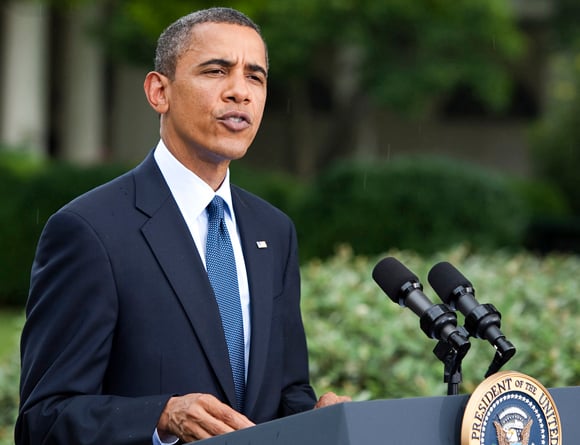Retirees with less than $50,000 in their individual retirement accounts may not have to take required withdrawals under President Barack Obama's proposed budget.
Retirees with less than $50,000 in their individual retirement accounts may not have to take required withdrawals under President Barack Obama’s proposed budget.
“The administration proposes to simplify tax compliance for retirees of modest means,” the budget says. The proposal is part of a $3.7 trillion spending blueprint for fiscal year 2012 sent to Congress today.
Required minimum distributions generally apply to people with a tax-deferred traditional IRA who are 70 1/2 years or older. About 38.5 million U.S. households, or one-third, owned a traditional IRA last year, up from 36.6 million in 2009, according to a December report by the Investment Company Institute. The median for assets in traditional IRAs last year was $40,000, according to ICI, a Washington-based mutual-fund trade group.
The administration proposal would exempt retirees from the distribution requirement if the aggregate value of their IRA doesn’t exceed $50,000 starting the year they turn 70 1/2 or die, the budget says. The mandates would phase in for individuals with aggregate retirement balances between $50,000 and $60,000.
Sixty-four percent of people who took money out of their IRAs in 2008 did so because of the requirement, according to a January 2010 study by ICI. Required withdrawals are based on a formula of the account balance and the individual’s age.
The U.S. government suspended required minimum distributions for tax year 2009 in response to plummeting balances after the Standard & Poor’s 500 Index dropped 38 percent in 2008. Mandatory distributions returned in 2010 as the economy strengthened and the S&P 500 rose 23 percent in 2009. Roth IRAs, which are funded with post-tax dollars, are exempt from minimum withdrawal rules while the owner is alive.
IRAs held $4.2 trillion at the end of the second quarter of 2010, according to ICI.
--Bloomberg







